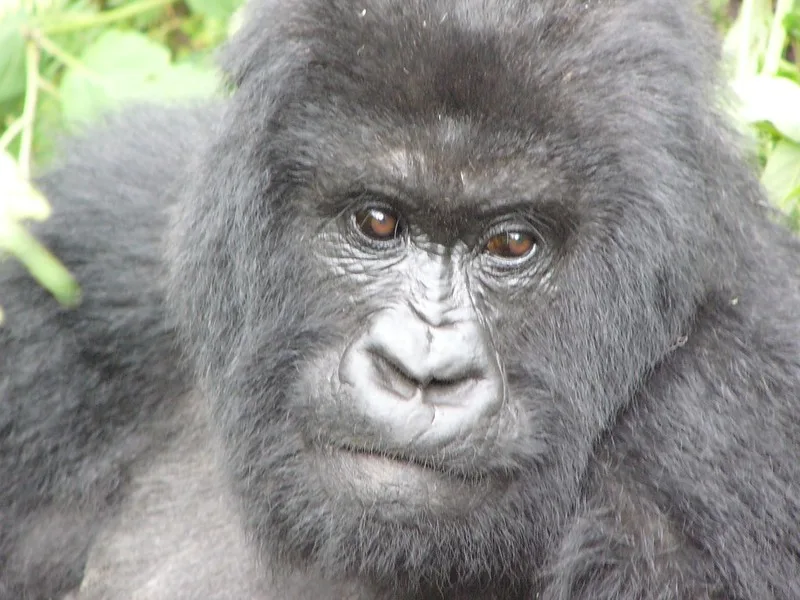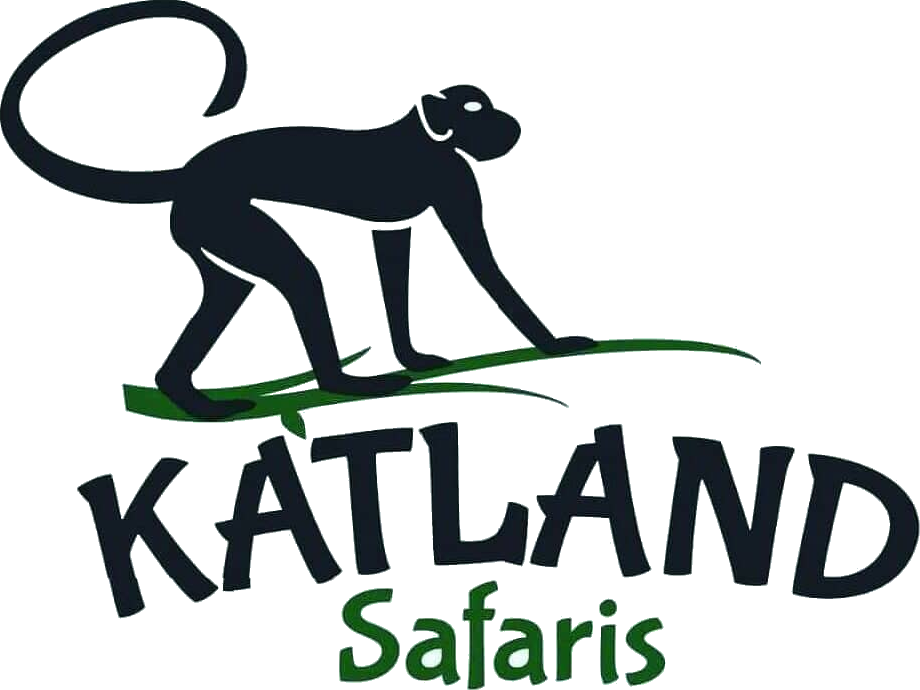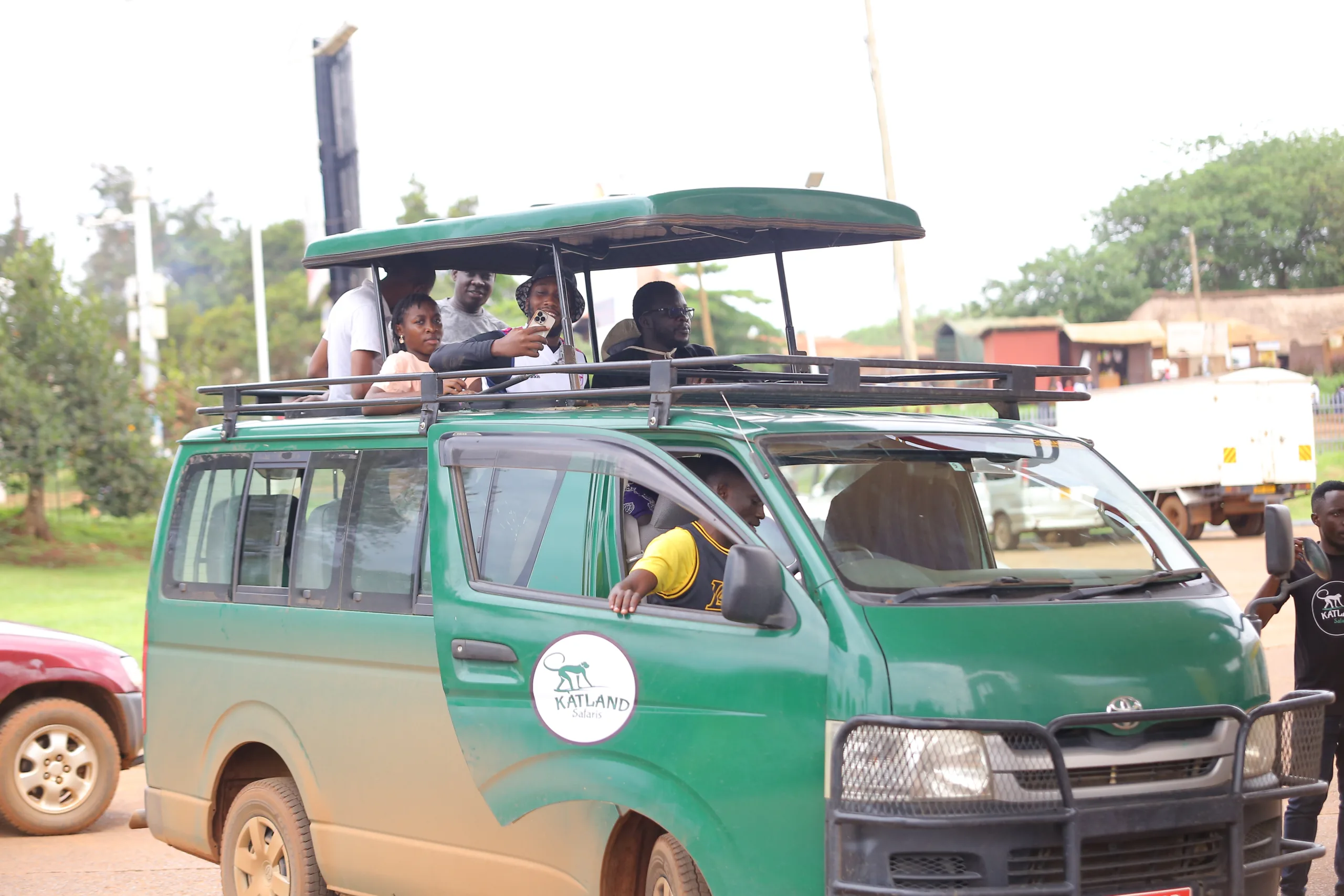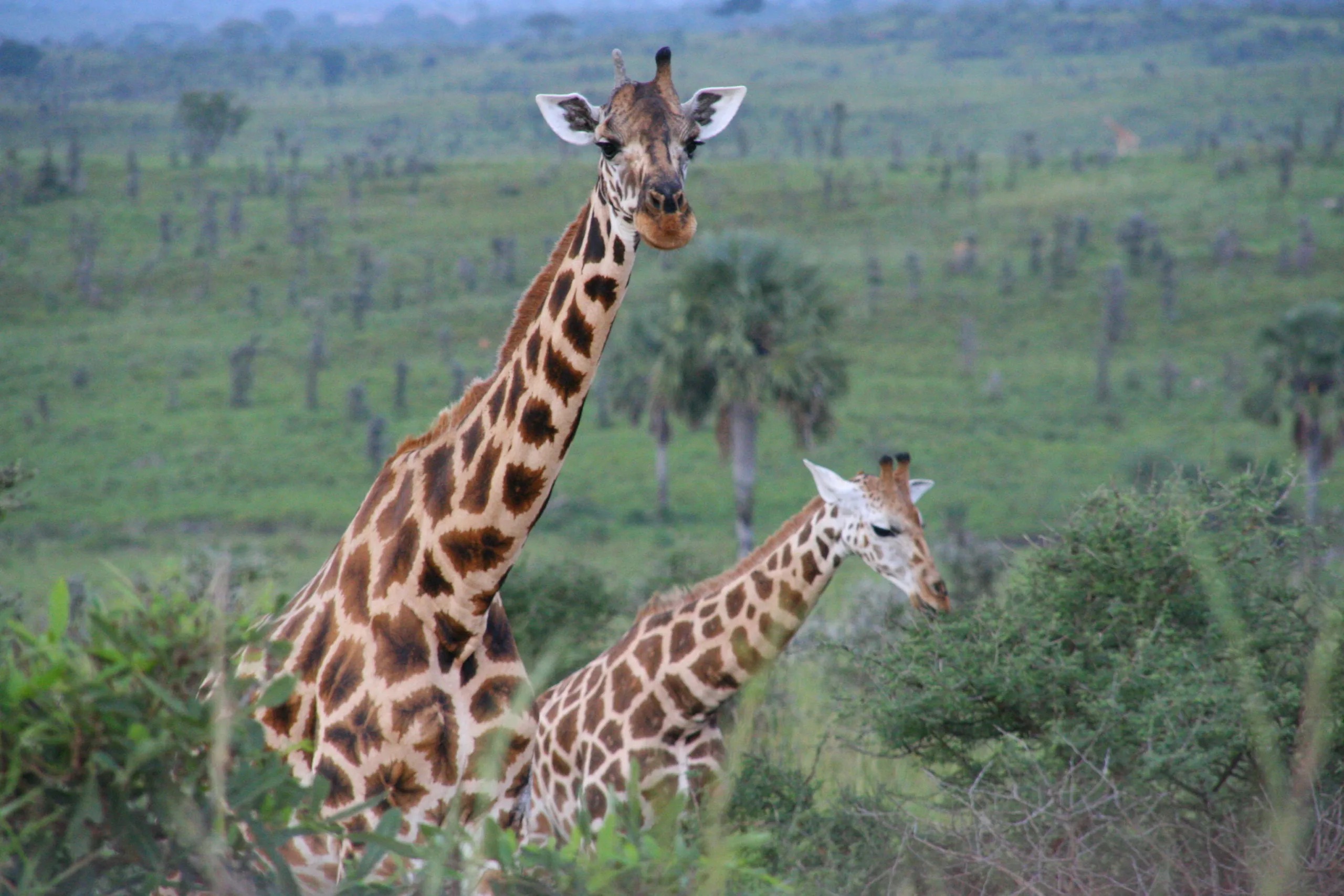Gorilla Trekking in Rwanda During COVID-19
Open with tight rules to preserve the mountain gorillas and the surrounding populations free from virus acquisition, gorilla trekking in Rwanda during COVID-19 is The basic guideline for gorilla trekking in Rwanda or anyplace else in Africa is not to go if you believe you may have any disease.
COVID-19 has just strengthened that regulation. Like chimpanzees, mountain gorillas have 98% of human DNA and may have human respiratory ailments.
Gorilla conservationists have been pushed to intensify their protection of these animals against the SARS-CoV-2, the COVID-19, recently shown to be able by gorillas.
Still, the latest discovery does not mark the end for gorilla treking. The continuous survival of the primates and the surrounding community depends on gorilla tourism.
Apart from required COVID-19 testing, the Rwanda Wildlife Authority, working with other wildlife agencies in Uganda, DRC, and conservation groups, has established specific operational protocols to guarantee the protection of the gorillas and people nearby from COVID-19.
Today’s essay explores the operational guidelines you should follow while organizing your gorilla trekking expedition in Rwanda under COVID-19.
Vaccine for COVID-19
Get properly vaccinated against COVID-19 if you want to travel. In the modern world, preventing sickness, there is no such thing as being too careful.
Yellow fever, tetanus, hepatitis A and B, polio, and MMR are some immunizations that will be very beneficial for you and the mountain gorillas. Traveling into Rwanda requires a yellow fever immunization.
RT-PCR COVID-19 Examination
Every visitor coming into Rwanda has to obtain a negative COVID-19 certificate. Travelers must be tested and acquire findings within three days before their first flight; the only approved test is a SARS-CoV 2 Real-Time Polymerase Chain Reaction (RT-PCR) carried out within seventy-two hours before departure. Not allowed are other tests including Rapid Diagnostics Tests (RDTs).
Apart from the required PCR test, every visitor entering Rwanda has to fill the Passenger Locator Form and submit the COVID-19 test certificate before their flight.
You will have to pay additional $60 for a COVID-19 test before you are allowed into the countryside for your gorilla trekking trip and wait 24 hours for your results at a specified transit hotel. You will essentially be confined for twenty-four hours while watching surgical operations until your test results arrive.
Should you are flying from Uganda or India, you will be obliged to spend seven days at any of the approved hotels at your own expense. Ubumwe Grande Hotel, Landmark Suites Hotel, Corina K. Guest house, Colours Club SPA & Garden Resort, Hilltop Hotel, Paradol Boutique Hotel, Best Inn Motel are among the designated 7-day quarantine hotels.
You will have to take another PCR test (and test negative) before you are allowed into the airport even after you leave the gorilla refuge and are ready to return home.
Trekking Operations for Rwanda Gorillas
Apart from showing negative for COVID-19, visitors engaged in gorilla trekking in Rwanda have to follow tight rules:
Trekkers have to always wear a face mask and save a new one for use when they approach near the gorillas. Preventive actions are very necessary; mask-wearing while gorilla-trekking will probably last lifetime to stop future human-to- gorilla illness spread.
Before your guide lets you start the gorilla trekking expedition, you must have at least two facemasks. Ideally, a surgical mask or N95 mask filters practically all airborne particulates. You will have to don the first mask at the briefing location and a fresh one shortly before you see the gorillas.
Visitors will take regular pauses throughout the monitoring to provide themselves time to breathe fresh air due to the claimed harmful effects of wearing masks for extended durations and in high elevations. Social distance will be highly watched during these gaps.
Recently, Rwanda Development Board ( UDB) cut the maximum number of trekkers per gorilla group from eight to six to conveniently monitor physical distance during the gorilla trekking experience.
Guide will clean your hands and spray all footwear with an alcohol-based sanitizer as you enter or leave the gorilla park.
You will have to stay a physical distance of ten meters (32 feet) from the mountain gorillas at Volcanoes National Park. You are advised to follow the advice of your guide throughout your tour, even if this is difficult to control particularly in cases of interested young visitors.
Please turn your head away and cover your nose and mouth to stop the transmission of germs or viruses if you feel the need to cough or sneeze while near the gorillas.
Any visitor should find these rules quite easy to apply. During COVID-19, gorilla trekking in Rwanda helps fund initiatives for gorilla conservation in the Virunga highlands and keeps the local businesses engaged in primate protection active.
From local tour guides fees, lodging, national park fees, trekking permits, and taxes, gorilla trekking provides an alternate and sustainable means of revenue. Directly back into the communities, government coffers, environmental initiatives, and ethical travel practices the money flows.
If everyone can carefully watch the working process, we will be able to manage the narrow line separating the great health hazards from mountain gorilla preservation.
When should one go gorilla trekking in Rwanda during COVID-19?
Gorilla hiking in Rwanda following COVID-19 best occurs during the short dry season between December and January and the long dry season running between June and September. Given that trekking takes place on steep terrain with unsuitable rainforest conditions, the dry spells provide the optimum hiking circumstances.
Gorillas may be seen in Rwanda any time of year. But the trip will be more challenging in the rain as the trails are muddy and steep. Furthermore, if you get ready for your trekking trip by means of physical fitness, it would be very beneficial. Getting to the gorillas might need you employing your greater physical power.


